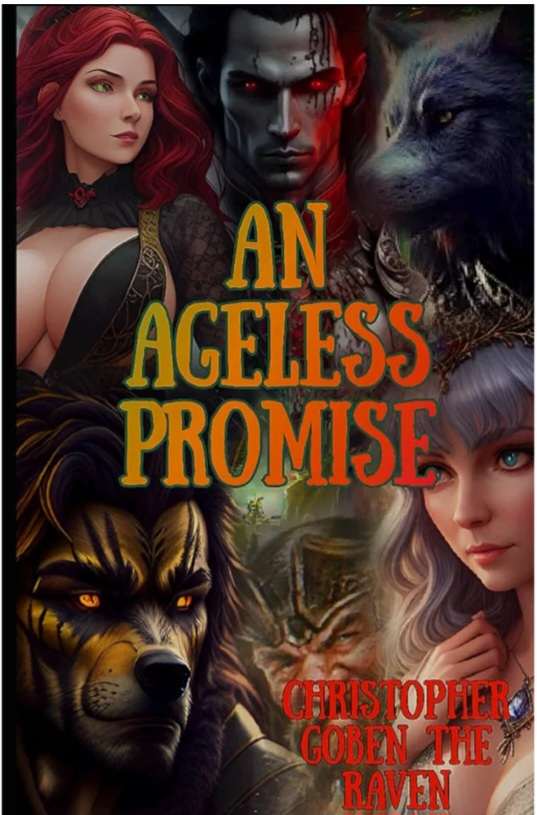Dark fiction, as a genre, thrives on the exploration of the forbidden and the unsettling. It delves into the shadows of human experience, often tackling taboos and societal fears that linger on the fringes of our consciousness. In this exploration, we embark on a journey into the heart of dark fiction, where authors fearlessly challenge norms and confront the darkest corners of the human psyche. We’ll unravel the role of taboos in horror writing, examining how these narratives push boundaries and provide a unique lens through which we can understand our own fears and desires.
1. Taboos as Catalysts for Exploration
Taboos are the societal or cultural restrictions that serve as invisible boundaries for human behavior and thought. In dark fiction, authors wield taboos as a powerful tool to disrupt these boundaries, provoking readers to question their beliefs and examine their fears from new angles.
Breaking the Silence: Dark fiction has the power to unearth subjects considered too uncomfortable or controversial for everyday discourse. By giving voice to these silenced topics, authors illuminate the unspoken aspects of our reality.
2. Pushing Boundaries: A Challenge to Conventions
Authors of dark fiction challenge societal norms by pushing the boundaries of what is considered acceptable. This defiance of conventions forces readers to confront uncomfortable truths and consider alternate perspectives.
Subversion of Expectations: By subverting traditional narratives, authors invite readers to question their assumptions and explore different viewpoints. This can lead to deeper understanding and empathy for perspectives that differ from their own.
3. Psychological Impact: Catharsis and Illumination
Delving into taboos within dark fiction has a profound psychological impact on both creators and consumers. These narratives offer catharsis, illumination, and a unique means of processing the complexities of human existence.
Catharsis Through Fiction: For authors, exploring taboos can be a form of catharsis, allowing them to confront personal experiences, fears, or emotions in a safe and creative environment.
Illuminating the Unseen: Readers, in turn, experience a form of catharsis as they confront suppressed fears and anxieties through fictional characters. These stories can provide insight into the hidden aspects of human nature.
4. An Invitation to Self-Reflection
Dark fiction that delves into taboos acts as a mirror, reflecting the societal fears and desires we may not be comfortable acknowledging. By examining these narratives, readers have an opportunity to explore their own beliefs and biases.
Confronting the Shadow Self: As readers engage with characters navigating forbidden territory, they may recognize elements of their own shadow selves—the aspects of their personalities they try to suppress.
In the realm of dark fiction, taboos serve as a portal to the hidden recesses of our collective psyche. Authors daringly confront these societal fears, giving voice to the unspeakable and providing readers with a chance to explore the depths of their emotions, fears, and desires. Through these narratives, we find catharsis, empowerment, and an invitation to self-reflection. The role of taboos in horror writing is not merely to shock or provoke, but to uncover the raw truth that resides beneath the surface of our conscious minds—a truth that, once illuminated, has the power to free us from the shadows that hold us captive.

